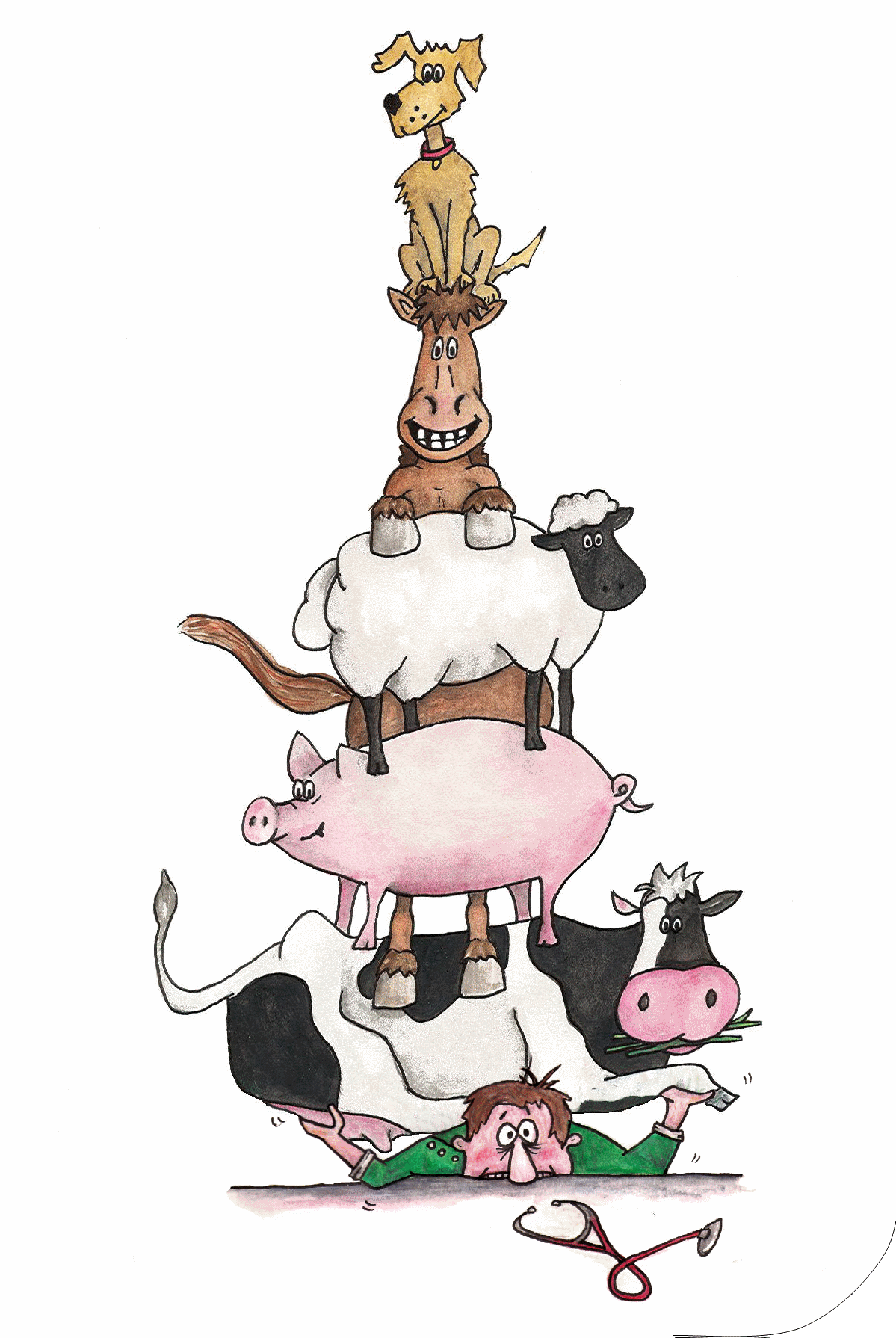Brexit ‘affecting vet recruitment’
Vets trained in other EU states make up a significant proportion of those working in the UK, especially in roles related to public health. But the British Veterinary Association has warned that the uncertainty about what will happen to immigration rules after Britain leaves the EU is already affecting recruitment.
Late last year, the BVA and RCVS sent a letter to the Prime Minister outlining their concerns over how Brexit, and its impact on EU migration, may affect the veterinary profession. Each year around 50% of veterinary surgeons registering to practise in the UK are from overseas, with the vast majority coming from the EU.
They outlined that those involved in public health critical roles are having increasing difficulty recruiting much-needed EU veterinary surgeons. In one case a Croatian veterinary surgeon turned down a job in England following the Brexit vote, due to job uncertainty.
The Home Office subsequently replied to the letter, stating that it recognises the “vital work” that UK and EU vets currently do, and will continue to do after the UK’s exit from the EU, but cautions that UK-based EU vets’ working rights can only be protected if reciprocal agreements can be guaranteed for British citizens living in EU member states.
The response from Robert Goodwill MP, as the Minister responsible for the key issues highlighted in the letter, emphasised:
“The Prime Minister has provided repeated reassurances that she wants to protect the working status of EU nationals already living in the UK, and the only circumstances in which that would be possible is if British citizens’ rights in other EU Member States were not protected in return.”
The RCVS has begun the process of commissioning detailed research into the impact that Brexit is having upon those working in the profession and the implications this could have for the veterinary workforce, with BVA gathering evidence from across the profession through its Brexit Working Group and its regular Voice of the Veterinary Profession surveys.
In his letter, the Immigration Minister went on to explain that the Government intend to reach an agreement on the status of EU nationals as soon as possible while also welcoming the input of BVA and RCVS into this important issue and forthcoming results of research by both organisations.
Along with the BVA, the RCVS is actively seeking vets’ views on Brexit through ongoing activities including a Vet Futures-led Breakfast on Brexit session at London Vet Show; a consultative meeting, held at its offices with BVA input, on the impact on food safety and meat hygiene services; and a meeting, held by BVA in Belfast, focusing on the unique Northern Ireland context of a shared border with an EU member state in order to support the development of the veterinary profession’s priorities and positions to influence live negotiations around the UK’s exit from the EU.
Chris Tufnell, President of the RCVS, said: “We are grateful for the reply from the Minister and appreciate his personal recognition of the contribution that EU-graduated vets make, particularly in the public health area. As an organisation we are still seeking to address the uncertainties around Brexit in order to take advantage of the opportunities it offers and mitigate its risks. As part of this we will be working with the BVA to try and secure the position of those EU-graduated veterinary surgeons working in the UK although, as the Minister states, this will form a part of wider government negotiations.”
BVA President Gudrun Ravetz added: “As the Minister’s letter flags, there are still many unknown-unknowns when it comes to Brexit, which is why it’s vital that we continue to gather vets’ views and work closely with the RCVS, amongst others, to ensure that the voice of the veterinary profession is heard in Brexit negotiations and discussions. It’s encouraging that the Minister’s letter not only acknowledges the vital role vets play in official terms, but through his personal note as well. BVA has been, and will continue to raise the profession’s most pressing issues to Ministers and MPs in every government across the UK to ensure that we secure the best possible outcomes for our profession and for animal health and welfare.”




